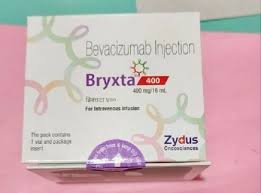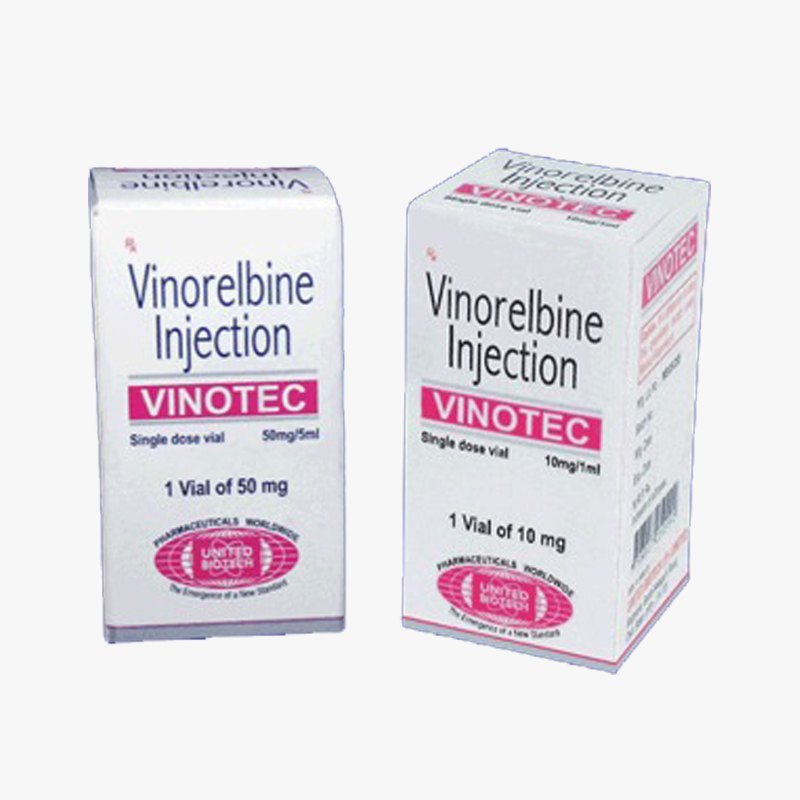Bryxta 400 is a branded version of bevacizumab, a humanized monoclonal antibody used to treat various types of cancer. It is a sterile, clear to slightly yellowish liquid solution in a single-dose vial.
Composition:
Each 400 mg injection of Bryxta 400 Bevacizumab 400 mg contains bevacizumab, a humanized monoclonal antibody that targets the vascular endothelial growth factor (VEGF) pathway.
- Bevacizumab (humanized monoclonal antibody)
- L-histidine
- Polysorbate 20
- Sodium chloride
- Water for injection
Mechanism of Action:
Bevacizumab binds to vascular endothelial growth factor (VEGF) A and inhibits the interaction of VEGF with its receptors, thereby reducing angiogenesis, tumor growth, and metastasis.
Use:
Bryxta 400 is indicated for the treatment of:
- Metastatic colorectal cancer (mCRC) in combination with fluorouracil-based chemotherapy.
- Non-small cell lung cancer (NSCLC) in combination with carboplatin and paclitaxel.
- Renal cell carcinoma (RCC) in patients who have received prior anti-angiogenic therapy.
- Cervical cancer in combination with chemotherapy.
Dosage:
- The recommended dosage of Bryxta 400 is:
- 5 mg/kg every 2 weeks for mCRC.
- 7.5 mg/kg every 3 weeks for NSCLC.
- 10 mg/kg every 2 weeks for RCC.
- 15 mg/kg every 3 weeks for cervical cancer.
Side Effects:
Common side effects associated with Bryxta 400 include:
- Hypertension
- Proteinuria
- Epistaxis
- Nausea
- Fatigue
- Headache
- Infection
Serious side effects can include:
- Arterial thromboembolic events (ATEs)
- Gastrointestinal perforation
- Fistulae formation
- Hemorrhage
Recommendation:
- Patients should be monitored regularly for hypertension, proteinuria, and other side effects.
- Patients with a history of hypertension, hypertension-related disorders, or proteinuria should be closely monitored.
- Patients should be advised to report any signs or symptoms of ATEs, gastrointestinal perforation, fistulae formation, or hemorrhage promptly.
Important Note:
- Bryxta 400 is contraindicated in patients with a history of hypersensitivity to bevacizumab or any of its components.
- Patients with a history of stroke or TIA within the past 6 months should not receive Bryxta 400.
- Patients with a history of arterial aneurysms should not receive Bryxta 400.
- Patients with a history of gastrointestinal perforation or fistulae should not receive Bryxta 400.




Reviews
There are no reviews yet.